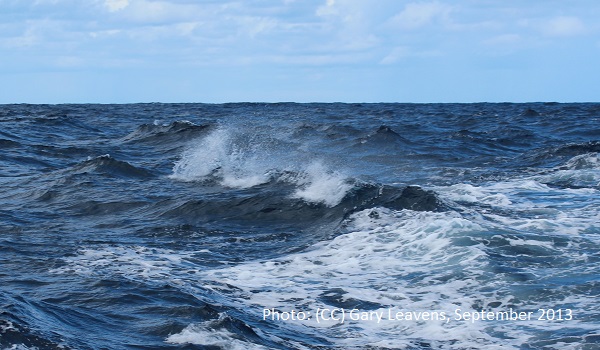Thousands of lives have been lost on migration routes to Spain and more deaths are feared with nearly 500 people disappearing along the Atlantic Route within the past two weeks. In the Canary Islands, Ceuta and Melilla, the situation of children remains harrowing with alleged sexual assault, overcrowded and unsanitary living conditions, and violations of the right of education.
In just two weeks, 481 people have disappeared along the Atlantic Route, Helena Maleno, founder of the Spanish NGO Caminando Fronteras (Walking Borders) reports. They were travelling on board ten wooden boats and dinghies from Western Sahara and Senegal, hoping to reach the Canary Islands. As the fate of these fathers, mothers, siblings and children remains unknown, desperate relatives waiting for news from their loved ones are reaching out to the NGO. Against the backdrop of the thousands of lives lost in three decades along migration routes to Spain, usually without ever being identified, the International Organisation for Migration (IOM) criticises in a new report the lack of “specific procedures, protocols or institutions in place to address the search, investigation and identification of missing or deceased migrants. IOM urges the Spanish government to establish such mechanisms and provide answers to the families of the missing. Recently, Caminando Fronteras has published a guide to help families to navigate obstacles in reporting and searching those who go missing on their migration journeys. IOM estimated that since 1988, at least 9,100 people died or went missing during their attempt to reach Spain, while according to Caminado Fronteras, almost 4,000 people have perished within the last three years alone. Maleno describes them as “deaths that leave not trace” as neither Spain, the EU, nor Morocco are held accountable – “The loss of these lives will only be recorded in the memory of hundreds of families who are desperately searching for them and who will continue to do so in a desperate manner.”
While the regional government of the Canary Islands and Spain’s Ministry of Social Affairs are reportedly working on protocols for the distribution of children from the archipelago, more than 2,500 unaccompanied children currently remain in the Canary Islands. Earlier this week, reports of allegations of sexual assault and general mismanagement at a centre for unaccompanied children in Mogán, Gran Canaria emerged and investigations were launched. According to an anonymous complaint sent by email, a child was subjected to sexual assault in the premises and several cases of prostitution have taken place inside and outside the centre. The management had been aware of the issues but had not taken action, the sender claimed. Further, the email describes that the children are accommodated “in terrible conditions” and that they have been subjected to physical and verbal assault by some of the employees at the site. The Public Prosecutor’s Office has questioned the head of the management in regard to the allegations on Tuesday, and the closure of the premises was announced for mid-July. A new report by Doctors of the World denounces the poor conditions people who arrive in Spain face in provided accommodation, particularly in the Canary Islands and in Melilla. Unsanitary conditions, the lack of food, overcrowding despite the on-going Covid-19 pandemic, and a lack of medical and psychological support negatively impact the physical and mental well-being of migrants. According to Doctors of the World, their research conforms that the health of migrants is “shipwrecked” at Spain’s southern border.
A month after the arrival of between 8,000 and 10,000 people in the Spanish enclave Ceuta from Morocco, a Resolution on the breach of the UN Convention on the Rights of the Child and the use of minors by the Moroccan authorities in the migratory crisis in Ceuta was adopted by the European Parliament on 17 June. Meanwhile, the situation of children remains of concern. About 1,000 children are accommodated in premises that according to the NGO No Name Kitchen are “neither dignified nor adequate”. Meanwhile hundreds of children who sleep on the streets remain without any support apart from civil society efforts. The UN Child Rights Committee (CRC) has found in May that Spain violated the right to education of an eight-year old Moroccan boy in Melilla for not immediately admitting him to public school after his residency in the Spanish territory was confirmed. Following the decision, the Spanish Ombudsman, Francisco Fernández Marugán reiterated that all children residing in Melilla, regardless of their origin, must be admitted to school. According to the UN opinion, more than 150 children remain excluded from the public education system in Melilla.
For further information:
- ECRE, Spain: Investigations into “Hot Returns” as Ombudsman Pays Enclaves a Visit, Concerns Over Treatment of Children in Canaries, Hundreds Missing Along Atlantic Route, June 2021
- ECRE, Spain: 200 Children About to be Transferred to the Mainland while Hundreds Remain Cramped in Ceuta and 7,500 People Were Returned to Morocco, May 2021
Photo: (CC) Gary Leavens, September 2013
This article appeared in the ECRE Weekly Bulletin. You can subscribe to the Weekly Bulletin here.

